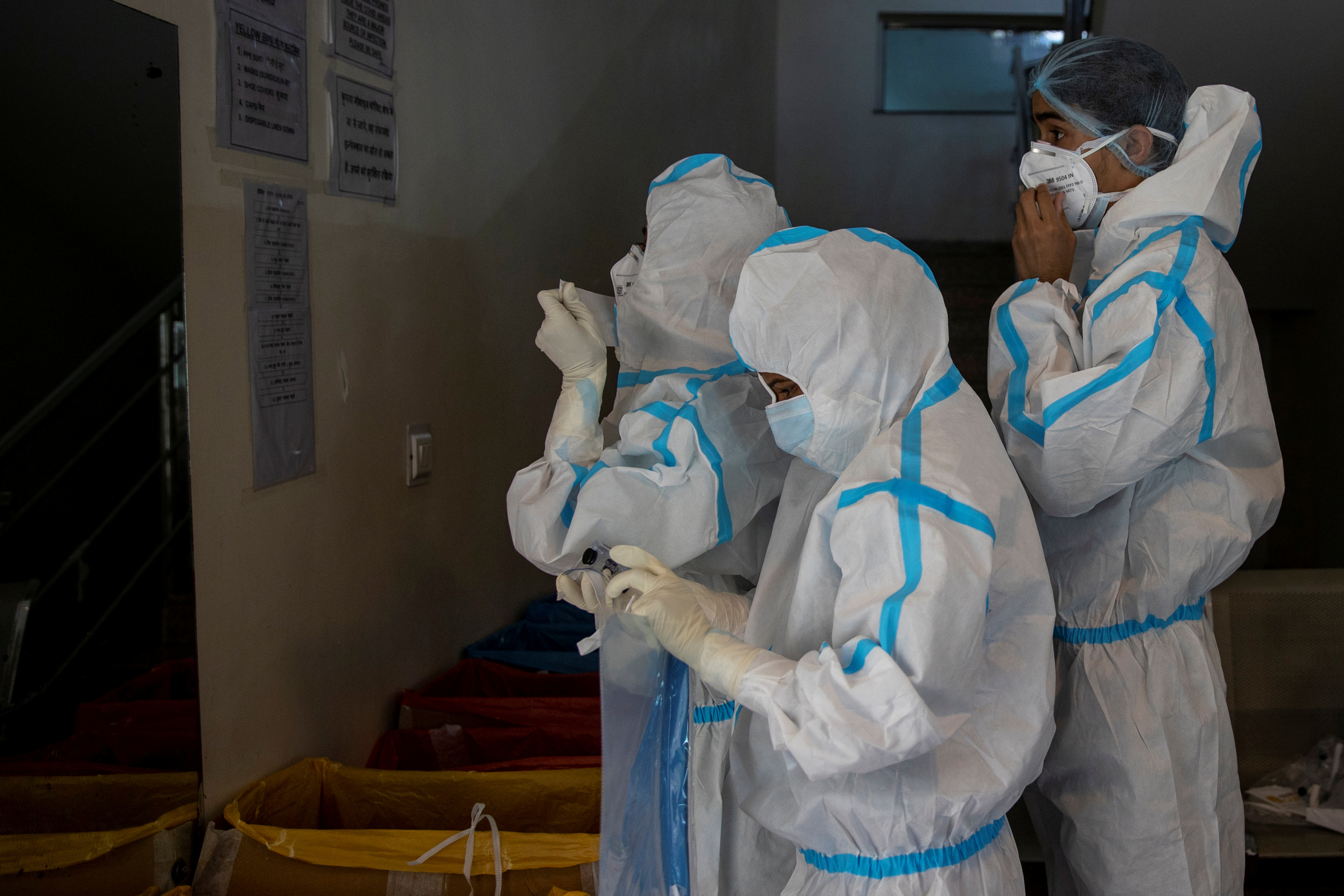(ATF) The lack of ultra-cold freezers needed to store and distribute the potential Covid vaccines in the pipeline may seem like an obstacle in India’s race to defeat the coronavirus. But with the capability of distributing hundreds of millions of vaccines every year, no challenge is unsurmountable, say experts.
Amidst the cheer across the world sparked by the talks of completion of Pfizer’s experimental Covid vaccine on Monday, the announcement has injected more doubts than relief into many in India.
The widespread fear is, to store and distribute the vaccine that needs temperatures matching an Antarctic winter, would be a logistical nightmare for India, with heatwaves exceeding 50 degrees Celsius (122°F), patchy power, and 1.3-billion people.
The Asia Eight: Daily must-reads from world’s most dynamic region
“However, I think much of the fear is just that: a fear,” Manoj Kumar Das, the project director at The INCLEN Trust International told Asia Times Financial.
A project of the Rockefeller Foundation, INCLEN is a ‘not for profit’ research organization that conducts collaborative, multi-disciplinary studies on high priority global health issues
“A point worth noting is, India already administers and distributes millions of vaccine shots every year. While those vaccines do not need ultracold temperatures, it is also unfair to assume that India lacks the adequate cold chain infrastructure,” he said adding India’s public distribution system already possesses the capability to store vaccines at -20 degrees Celsius and below.
Pfizer, which is using a vaccine candidate by German firm BioNTech, had disclosed in September that vaccine is based on the m-RNA technology, which reduces the odds of untoward reactions.
But, the vaccine also needs to be stored at nearly minus 70°C, and after reaching vaccination centers, the shots must be thawed from that extreme temperature and injected within five days.
“Besides, since no currently used vaccine has ever been made from the mRNA technology, it is still not known how the vaccine would behave at higher temperatures (say, at minus 6C or 5°C) and whether they will go bad,” Das said.
Proven cold chain
India undoubtedly has a strong record on vaccination, with the world’s largest programme distributing 400 million vaccines a year. So, a robust cold chain is already in place.
“The Indian vaccine sector has been in business for more than 20 years and with that much of experience the required infrastructure is already in place. India is all set and there no (storage and distribution) challenge as such,” an official of Bharat Biotech told ATF.
This company, in collaboration with the Indian Council of Medical Research, claims to have developed an indigenous Covid vaccine, that has already entered Phase 3 trials.
“We do not foresee any storage or distribution hindrances for that vaccine either,” the person added.
The Union Health Ministry also said on Tuesday that its expert committee on vaccine administration is looking at the status of vaccine development world-wide, including logistic requirements and dose requirement.
“Priority population groups, identified by the government, no matter where they are stationed [in urban or rural areas] would be given Covid-vaccine. India, however, will need many more cold storage facilities, equipment etc. We are now taking stock of the storage facilities and are well equipped to augment our capacity,” said Health Secretary Rajesh Bhushan, at a press conference.
The ministry added, thanks to the Universal Immunization Programs which targets 26 million new-born babies and 30 million pregnant women every year, the public distribution system already possesses 27,000 functional cold chain points that can handle 600 million doses.
Indian cold chain and logistics companies are prepping up too.
Snowman Logistics, a cold chain logistics company that operates 31 cold storages across 15 Indian cities said on Wednesday that it is boosting its capacity to 33 cold storages in 17 cities over the next three months that will translate to 1,20,000 pallets, each storing 6,000 vaccines.
Other key logistics players with substantial cold storage business such as Gati Kausar, Transport Corporation of India, and Mahindra Logistics too have given similar assurances.
Other options
Yet, with an estimated 300 million shots needed to be given in the first phase, even this capacity would be strained for a country that has reported over 8.6 million cases- second only to the US, fear critics.
“The challenge with the Pfizer vaccine is that the vaccine should be kept at a very low temperature which is not practical for rural parts of the country and tough to maintain the cold chain”, said Randeep Guleria, Director, AIIMS to a TV channel recently
“There is a solution for that too, although somewhat cumbersome. It is a proven fact that vaccines could be stored and transported in portable cannisters provided it is used within two days,” says Das. “While the public distribution (PDS) channel suffers from cold chain weaknesses, it is not really a challenge for the private sector players, which can always come to PDS’s help.”
Most cold storages, claim industry sources, can technically store up to -30°C and with minor modifications, they can take that down to -40°C as well.
“If there’s a will there’s a way,” Das said.
Besides, the country’s cold chain infrastructure is already ramping up in phases, and it is expected to that in about six months, India would be ready to distribute a major portion of its requirement, relatively easily, he added.
























